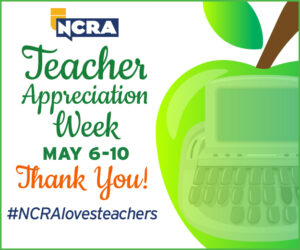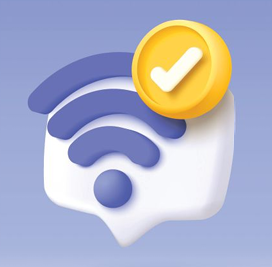By Lynette Mueller
I live in a household with two guys. As you can imagine, our movie-going outings tend to be action films, science fiction, and comedies. Don’t get me wrong — I am not complaining in the least. I love all of those genres!
This past summer, we saw Mission: Impossible – Rogue Nation and The Man from U.N.C.L.E., flicks about secret agents and packed with continuous action. As is the case with most action films featuring secret agents like Ethan Hunt, James Bond, and others, common elements can be found throughout the movies: mysterious plots, superhuman skills and maneuvers, amazing chase scenes, continuous action, and the gadgets that help them achieve their mission or goals. The heroes generally have the same character traits: dependable, in peak physical condition, and prepared for any situation. They exercise continuously and consistently because they know it can mean the difference between life and death out in the field. They don’t cut their workouts short when they’re tired or miss a day because they’re not up to the challenge. They train hard, they train with purpose, and they train as if their lives depended on it. Even though I’m a working reporter, I feel it is imperative to practice my writing on a daily basis. There are several resources to find practice material:
- Realtime Coach (my favorite)
- YouTube
- stenospeed.com
- speedstenodivas.com
- Facebook groups
In an effort to channel our inner “secret agent,” we can learn from these fictional characters in our quest to become the best professional court reporter ever!
The definition of “professionalism”: the skill, good judgment, and polite behavior that is expected from a person who is trained to do a job well
Just like Ethan Hunt in the Mission: Impossible series, court reporters should use technology tools and gadgets to solve everyday tasks and real-world problems in order to help make the job easier. Court reporters should keep in mind that in order to be effective and stay relevant, we must keep abreast of technology, embrace it, and never be skeptical of the newest innovations. This past June, I co-presented with my good friend, Keith Lemons, at a seminar about realtime tips and fears and also the gadgets we use to help us be more productive. Some of the favorite gadgets:
- smartphones
- iPads/tablets (realtime reading devices)
- Apple Airport Express (output for realtime)
- DYMO LabelWriter (create exhibit stickers and mailing labels on demand)
- Bolse 4 Port USB AC Rapid Charger (charge multiple devices at once)
Find a full list of my gadgets here.
In the opening minutes of Mission: Impossible, Ethan Hunt dangles precariously from a mammoth four-engine turboprop plane that pushes triple-digit speeds during a steep vertical takeoff — while movie magic can make his skills seem superhuman, it’s also obvious that a secret agent must be in peak physical condition! While we court reporters may not be superhuman, we should strive to be the best we can be and keep up with our writing skills. Being realtime-proficient is the key to achieving super agent status for our clients and meeting their needs so they have the tools necessary to prepare their case. The benefits of realtime are huge:
- improved writing skills
- improved translation delivery
- quicker transcript turnaround
- job satisfaction
- name recognition; people ask for you
- increased income
- readback is phenomenal
In The Man from U.N.C.L.E., the two main characters, Solo and Illya, realized they were going to have to work together, and they discussed what they knew about each other. Both of these men had clearly done research about their respective rivals and gathered information that would help them down the road to achieve their joint mission. Just like Solo and Illya, court reporters need to be sure to be prepared for each assignment and know where to search for answers to different scenarios we may be faced with on a daily basis.
In order to make our realtime feed topnotch and prepare for the job, we should reach out to our clients and/or their assistants to request as much information about the case that is available. Some things to request:
- list of attorneys/participants
- proper names and case-specific jargon, if available
- previously marked exhibits
- research online for case-specific terminology and technical terms
- create and enter briefs into job dictionary
- practice newly created briefs
- create a cheat sheet with new briefs
Finally, everyone knows all secret agents are dependable and can get the job done speedy quick! Dependability means that court reporters should arrive to the job at least 20 minutes early, be prepared for each assignment, willing to comply with expedited transcript requests whenever possible, and meet transcript delivery schedules.
Court reporters, our mission, should we choose to accept it, is to be even more awesome every day!
Lynette Mueller, RDR, CRR, is a freelance reporter in Johns Creek, Ga. She can be reached at lynette@omegareporting.com. This article was originally published on Lynette’s Blog at omegareporting.com/lynette-blog.











